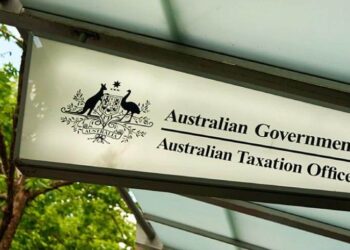Jason Hurst, technical superannuation adviser for the Knowledge Shop, said that according to TR 2010/1 a contribution to a superannuation fund is “anything of value that increases the capital of a superannuation fund provided by a person whose purpose is to benefit one or more particular members of the fund or all of the members in general”.
Hurst said most contributions will be cash or in-specie transfers such as property or listed shares, but there are regulations as to what can be contributed to an SMSF depending on the age of the member.
“For people under 55, it’s pretty simple. The fund can accept any employer contributions or any member contributions; however, downsizer contributions are excluded,” he said.
“After age 55, from a contribution, acceptance point of view, it’s pretty much the same, but the fund can now start to accept downsizer contributions and still accept all member and employer contributions.”
From age 75 years, things begin to change, and the fund can only accept mandated employer contributions or the super guarantee, which this year would be 11 per cent. There is no upper age limit to downsizer contributions, so they can still be accepted.
Hurst said there is a final deadline in regulation 7.4, which states that a fund can accept contributions that aren’t mandated employer contributions or downsizer contributions for someone who has turned 75 as long as those contributions are made 28 days into the month of the 75th birthday.
“To ensure members have enough time to do this, it’s advisable that if they know in advance they will be making those contributions, they do so in advance,” he said.
“Also, if they were going to BPay a contribution to a retail fund after their 75th birthday, it might be a good idea to call them and see whether there’s a special procedure or whether you need to do anything different in this 28-day period, because the last thing we want is for the BPay to sit there for a few days and then be rejected.”
He added that prior to 2022, there was a condition around the work test, which related to the funds accepting contributions from members between 67 and 74 years; however, that is no longer in the contribution rules and has been moved to the taxation rules.
Hurst said rules in relation to contributions over the cap have also been amended, which means that if a client inadvertently makes a contribution over the cap, the fund now has to accept that contribution and there is no ability to reject it.


